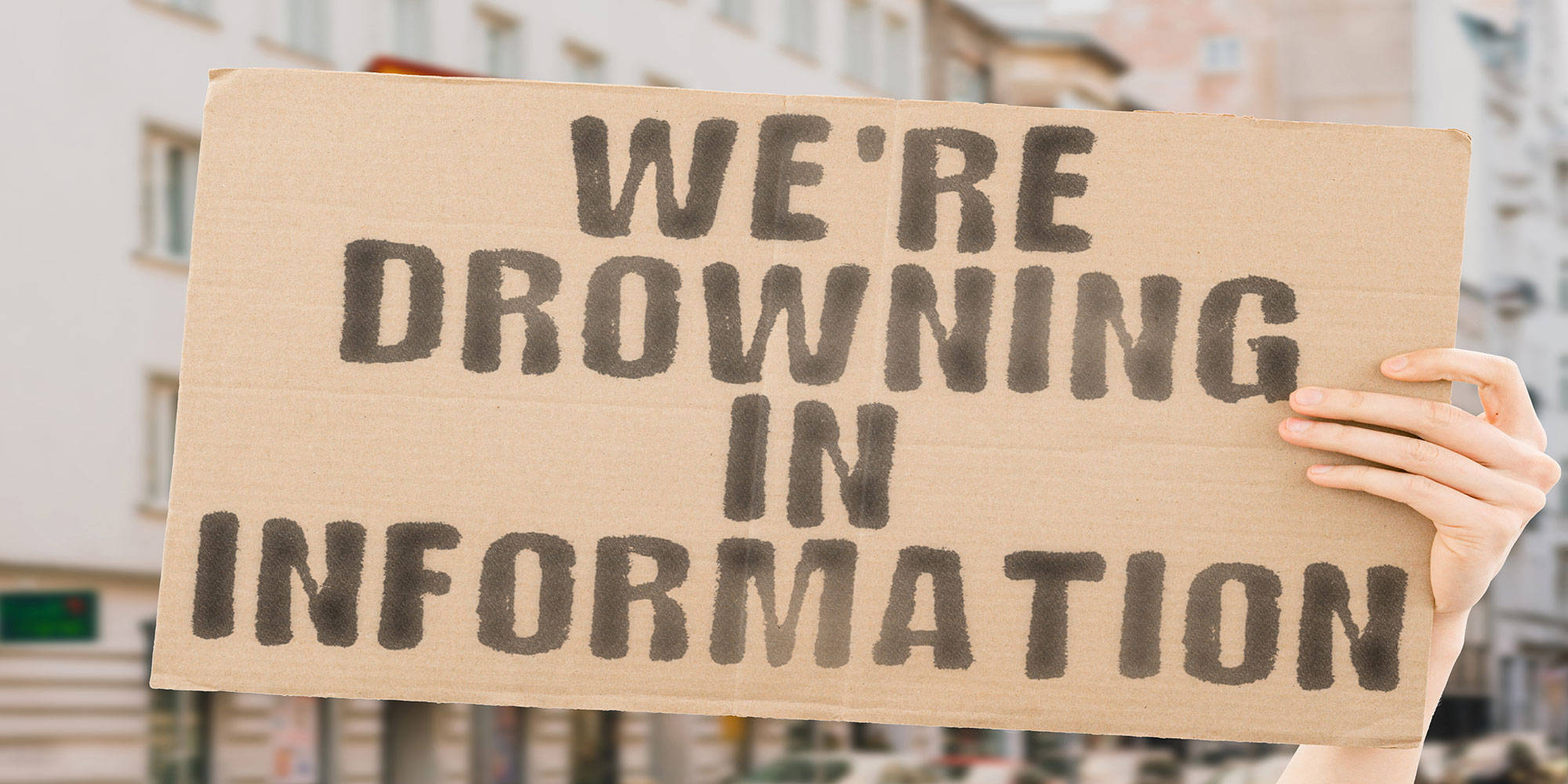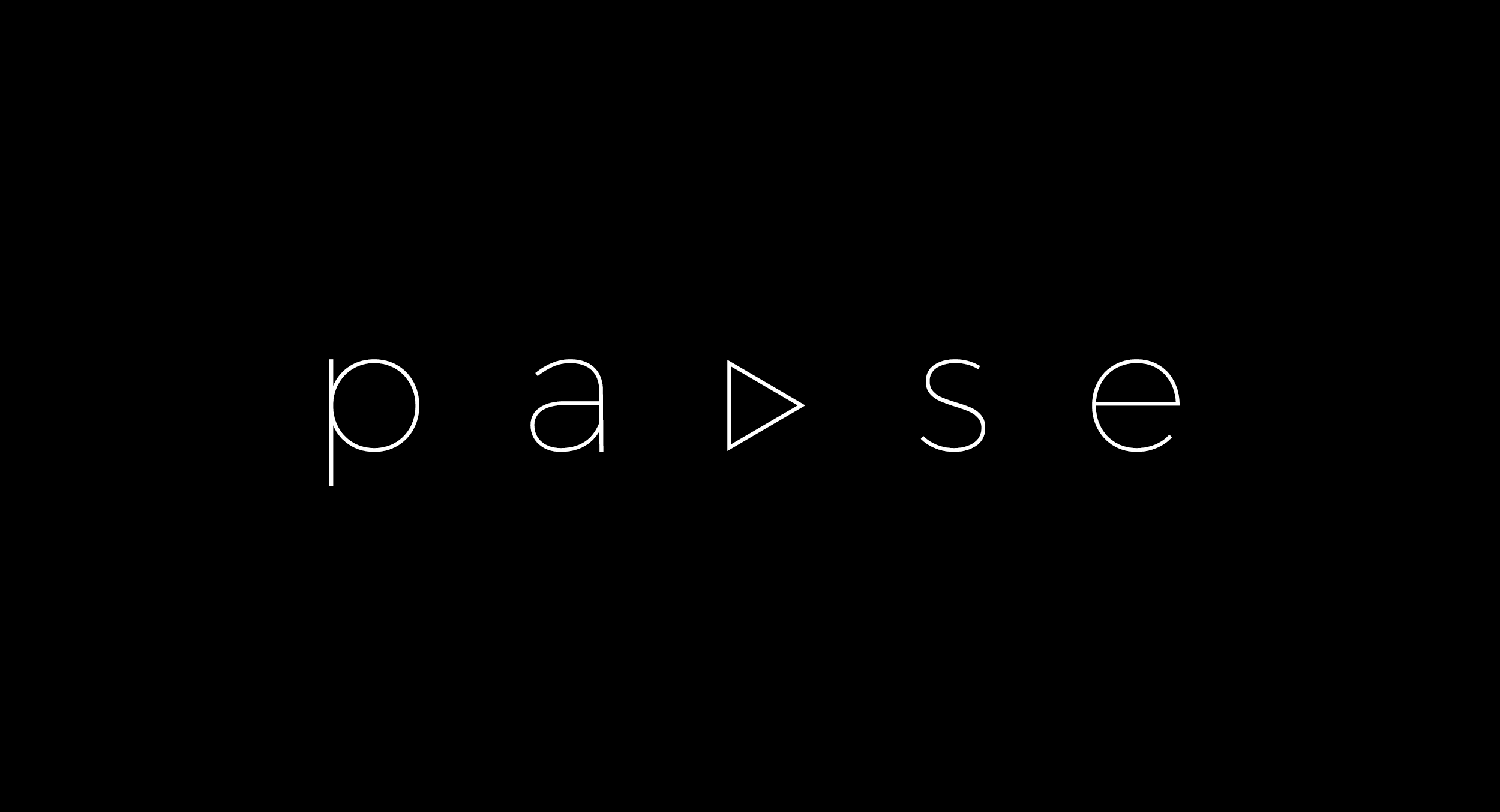Blog
- Drowning in Information, Starved for Understanding
In the digital age, we bask in an ocean of information. Newsfeeds overflow, social media buzzes, and knowledge seems readily available at the tap of a screen. Yet, amidst this abundance, a chilling realization emerges – deep thinking, the very engine of intellectual exploration and critical analysis, is slowly drowning.
The incessant influx of information fragments our attention, slicing our focus into thin slices like a digital salami. We skim headlines, scan tweets, and jump from video to article, never truly immersing ourselves in a single topic. Our brains, wired for quick bursts of engagement, struggle to sustain the effort required for deep contemplation and analysis.
This superficial engagement breeds a culture of instant conclusions and snap judgments. We form opinions based on catchy soundbites and emotionally charged rhetoric, neglecting the nuanced complexities that lie beneath the surface. We become intellectual tourists, flitting from topic to topic without ever truly settling in, our understanding resembling a patchwork quilt of fragmented knowledge.
The consequences are far-reaching. Our ability to engage in critical analysis, to weigh evidence and discern fact from fiction, erodes. We fall prey to misinformation, manipulation, and confirmation bias, our echo chambers amplifying our existing beliefs while silencing dissenting voices. We lose the capacity for reasoned discourse, resorting to tribalistic arguments and polarized viewpoints.
This death of deep thinking isn't inevitable. We can reclaim the mantle of intellectual engagement and nurture the embers of critical analysis. Here are some sparks to rekindle the fire:
Prioritize deep dives over quick dips: Carve out time for sustained engagement with complex topics, be it through in-depth reading, focused conversations, or immersive documentaries.
Embrace the discomfort of slow thinking: Resist the siren song of quick answers and embrace the challenge of grappling with ambiguity and uncertainty.
Seek diverse perspectives: Break free from the echo chamber and actively engage with viewpoints that challenge your own. Nurture intellectual curiosity and a willingness to learn from others.
Practice active listening and critical questioning: Don't passively consume information; engage with it, question its source and assumptions, and seek deeper understanding.
Value reflection over reaction: Resist the urge to react impulsively to information. Give yourself time to process, analyze, and formulate thoughtful responses.
The path to intellectual rejuvenation is paved with intention and effort. It requires us to slow down, to disconnect from the information overload, and to reconnect with the quiet power of deep thinking. In this way, we can transform the vast ocean of information from a source of intellectual drowning into a fertile ground for growth, understanding, and the rediscovery of the joy of truly knowing.
Let us not be content to be mere processors of information, but active participants in the pursuit of knowledge. Let us reclaim the art of deep thinking, not as a relic of the past, but as a vital tool for navigating the complexities of the present and shaping a brighter future.
Together, we can breathe life into the dying embers of deep thinking and rekindle the fire of intellectual engagement, ensuring that our minds remain fertile ground for understanding, not barren wastelands of information overload.




No Comments
Signup or login to leave a comment